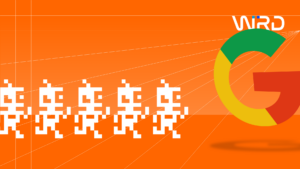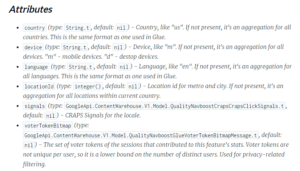Digital Marketing Strategies For 2014
2013 was a year of significant change for digital marketing. Google rolled out new versions of its major Penguin and Panda algorithm updates, and in particular the Penguin 2.0 variant launched in May penalised thousands of websites that were using spam techniques. This was followed in August by the launch of a new algorithm, Hummingbird, which signalled a major change in the way Google categorises indexed pages, and in September, with the news that organic keyword search data will no longer be provided for analysis (in addition, Google recently announced that this would also soon be applied to its PPC traffic).
The social landscape also changed in 2013, with the monetisation of Facebook and Twitter; vastly improved social advertising opportunities; new partnerships and mergers (Facebook and Instagram; Google+ and YouTube; Twitter and Vine; Apple and Topsy) and Google+ rising to joint 2nd with Twitter behind Facebook (in terms of active user numbers). The sheer volume of users as well as early signs of social content appearing in the search results are further evidence that social media marketing can no longer be ignored.
A shift in digital marketing
Shifting the focus away from keywords towards a better understanding of search intent and the context in which a search is made, has meant adjusting digital marketing thinking in 2014. The need to understand your target market and your customer’s requirements has never been more important. We have entered an era where strategic cross-channel promotion; mobile optimisation and the provision of fresh, relevant, authored content is required.
Quality inbound links; SEO friendly site architecture, design and content are still important ranking factors, so link building, optimisation and site maintenance remain key to success in the search results. However, Google’s shift away from keywords means that digital and SEO reports are likely to change as providers adjust the way they measure and analyse organic search traffic. In our case, we continue to report on organic keyword data, but with a greater focus on landing pages and multi-channel attribution (as well as site search analysis if available).
In addition, if not in place already, we recommend implementing the following additions to your 2014 Digital Marketing Strategy:
Mobile optimisation:
Optimise your website for the growing number of mobile visitors. This is now a priority – Google will reward those sites which provide a good experience for mobile visitors.
Maximising conversion opportunities:
Track how visitors behave whilst on your website, and ensure that your site presents the best possible opportunity for visitors to convert. Use customer questionnaires and website testing to gain valuable feedback.
Content marketing
Create unique, authored content regularly to stimulate interaction and encourage sharing cross-channel in order to generate lead opportunities and broaden your target market.
A multi-channel approach
Make best use of available digital/online channels to attract new leads and manage brand reputation. Track prospects and customers (and their interactions) across each platform, or technology and measure their behaviours. In particular, create and maintain a strong presence on Google+.
Future algorithm updates and industry changes
Changes are coming thick and fast – stay up to date by subscribing to this blog for the very latest news and updates.



